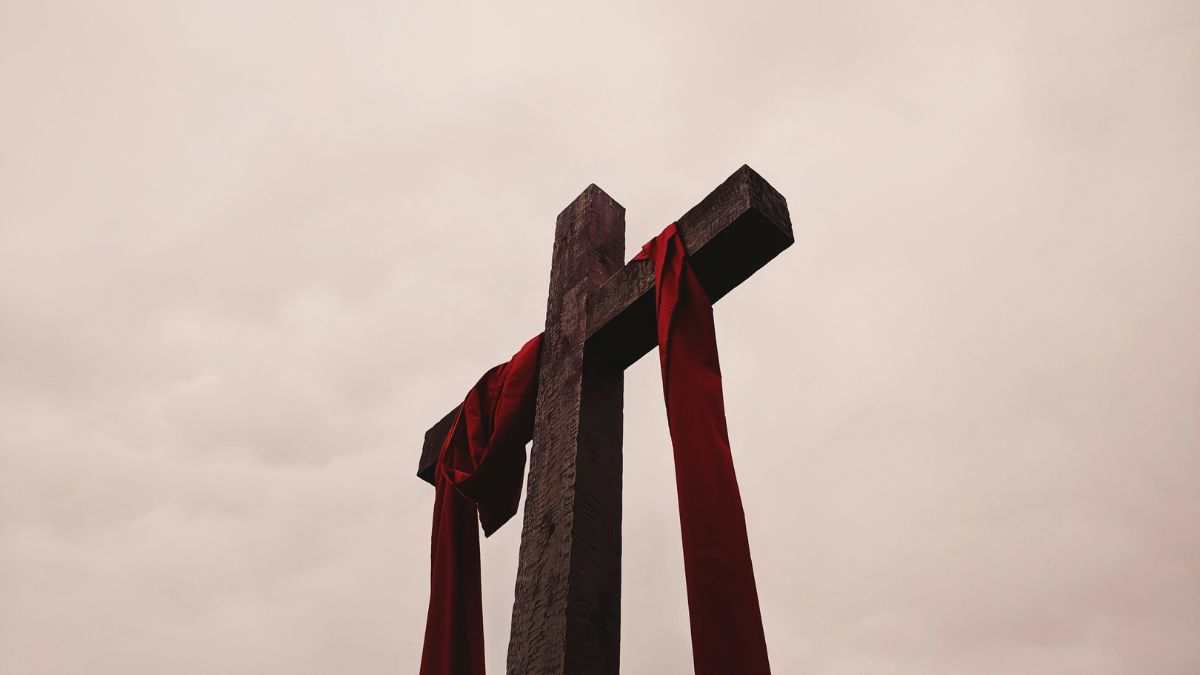

BreakPoint
You Missed It!
The other day a Christian friend gave me a watch that counts down to the new millennium. It's a nice watch and, in fact, a clever idea. But it's also an example of the millennial fever sweeping the globe like a virus. As the clock ticks down to January 1, 2000, should Christians worry about what might happen? I get questions about that everywhere I go. Much of the millennial hoopla is positive. For example, Billy Graham is planning a great conference on evangelism in the year 2000 in Amsterdam. And Pope John Paul II has dedicated the new millennium to the re-evangelization of the West. But there's also a dark side to millennium fever—and it's not limited to those poor souls who expect a visit from space aliens or the re-emergence of Atlantis from the bottom of the ocean. The combination of the year 2000 and the so-called Y2K computer bug, which will cause some computers to mistake January 1, 2000, for January 1, 1900, has even some Christians in a panic. They think it's a sign that God's judgment is coming because we've put our trust in computers. I know one responsible Christian leader who has been so spooked by the Y2K problem that he expects the total collapse of civilization. He's even bought land in the country where he can grow his own food and hoard gold in his basement. When I asked what he would do if someone he knew needed food, he just looked at me with a strange expression on his face. Well, not only is this kind of panic sad; it's also totally unnecessary. Why? Well, for starters, the 2000th anniversary of our Lord's incarnation has already come and gone. That's right: You missed the millennium! You see, the ancient monk who gave us our modern dating system, Dionysius Exiguus, decided to designate the year of Jesus' birth as A.D. 1. That's why we think that the year 2000 marks the 2000th anniversary of Jesus' birth. The problem is, Dionysius miscalculated the date of Jesus' birth, and, as a result, our calendar is off by at least four years. When you add the fact that Dionesius didn't have the number zero, it's clear that Jesus' 2000th birthday has long come and gone. Not that I expect those in the business of selling millennium souvenirs to allow this knowledge to dampen their enthusiasm. But even if this miscalculation were not the case, the millennium still wouldn't matter. Remember, the apostle Paul had to deal with a similar situation 2,000 years ago. Many early Christians expected the Lord's imminent return in their generation. Some of them were so sure Jesus would return quickly, they even quit their jobs. Paul's response to the Thessalonians was straight to the point: Calm down—and go about your business. And he reminded them that those who did not work should not eat. In the same vein C. S. Lewis wrote that all that matters is that when Jesus returns, He should find us at our posts—whether it's leading a great crusade against slavery or tending the pigs. So, come the new millennium, if you want to wish our Lord a belated 2000th birthday, go right ahead. I'm sure He won't mind. And if you want to give Him a late birthday present, remember this: All He really wants—in the year 2000 or any year—is your faithfulness. The point, of course, is that we should live every day as if He were coming tomorrow.
10/6/98















